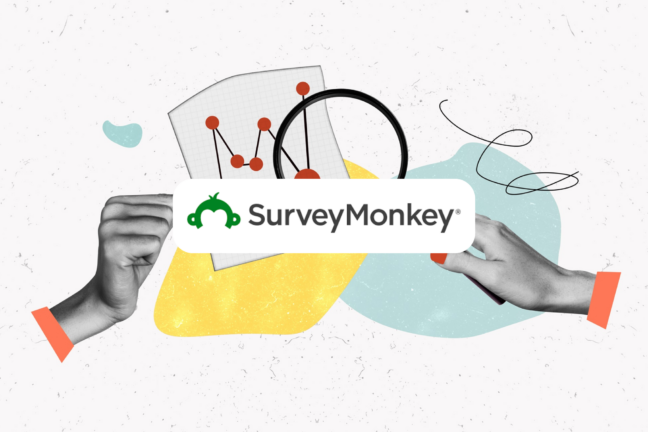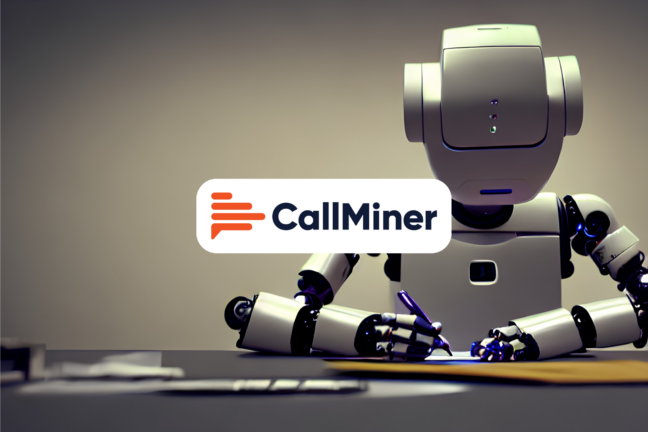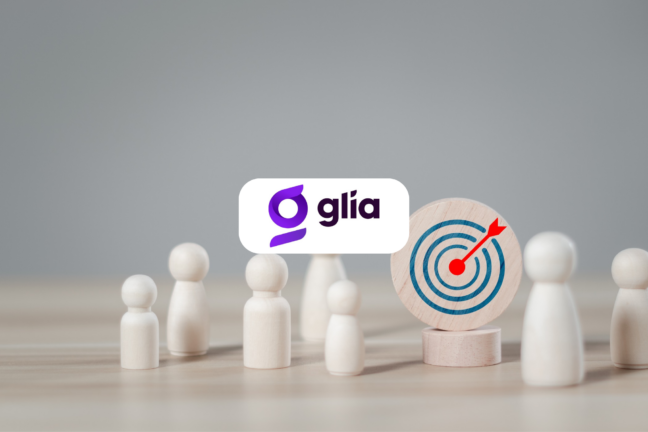As the 2024 U.S. elections near, openness in digital material is gaining prominence. AB 3211, a California law mandating the labeling of AI-generated content, has received backing from major technology companies such as OpenAI, Adobe, and Microsoft.
Assembly member Buffy Wicks introduced AB 3211, which requires AI-generated photographs, movies, and audio recordings to be watermarked in their metadata, indicating to viewers that they are not human-created. While many corporations already apply comparable procedures, this measure seeks to ensure that labeling is accessible and intelligible to all users, particularly on huge internet platforms such as Instagram and X.

Furthermore, this reversal in business opinion follows modifications to the measure, which addressed earlier complaints about it being "unworkable" and "overly burdensome." These reforms have motivated significant companies in AI and software to support the legislation.
However, AB 3211 is not the only AI-related measure gaining traction in California. Another bill, SB 1047, aims to ensure the safe development of AI systems by increasing developers' responsibilities. This measure has aroused debate, particularly among start-ups and tech leaders who believe it will hinder innovation. Despite these concerns, SB 1047 has moved forward, with certain adjustments proposed by tech businesses such as Anthropic.
As California leads the charge in AI legislation, these legislative advances may pave the way for wider federal frameworks that balance innovation, transparency, and safety.









